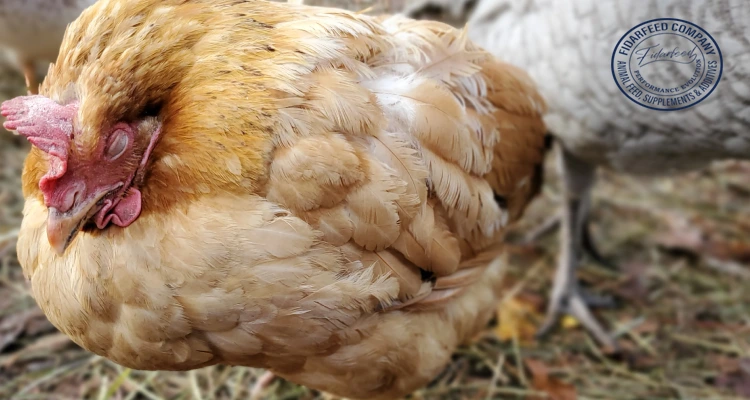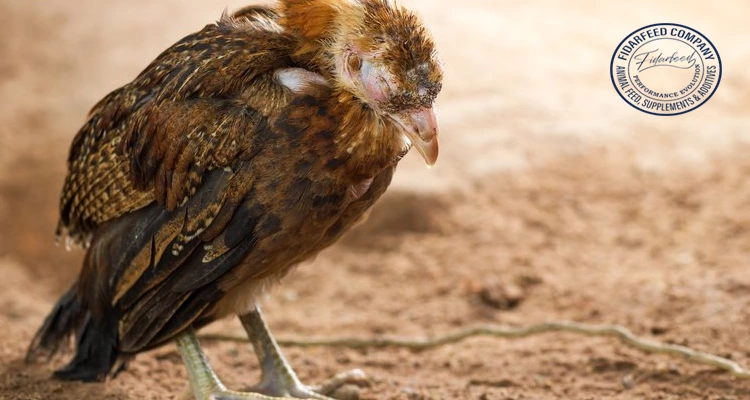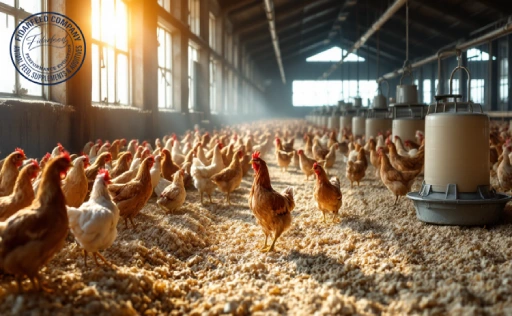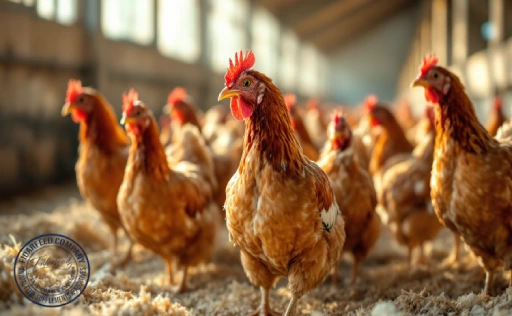Introduction: Why Knowing What Causes Coccidiosis in Chickens Matters
What Causes Coccidiosis in Chickens? This question is crucial for anyone raising poultry. Whether you’re a seasoned chicken breeder or just starting your flock, coccidiosis is one of the most common and damaging diseases in poultry farming. It affects birds of all ages but can be particularly devastating for chicks. Understanding how this disease spreads and how to prevent it is key to maintaining a healthy, productive flock. In this guide, we break down the science, signs, and strategies behind coccidiosis, so you can protect your birds and your bottom line.
What Causes Coccidiosis in Chickens? Core Facts Every Breeder Must Know
Coccidiosis in chickens is caused by protozoan parasites of the genus Eimeria. These microscopic organisms invade the intestinal lining of chickens, leading to tissue damage, reduced nutrient absorption, and, in severe cases, death. Infection typically occurs when chickens ingest oocysts (eggs) from contaminated feed, water, or litter.
Learn more about: Probiotic Supplement for Poultry
Once inside the bird, the oocysts reproduce rapidly, damaging the gut and causing a variety of health problems.
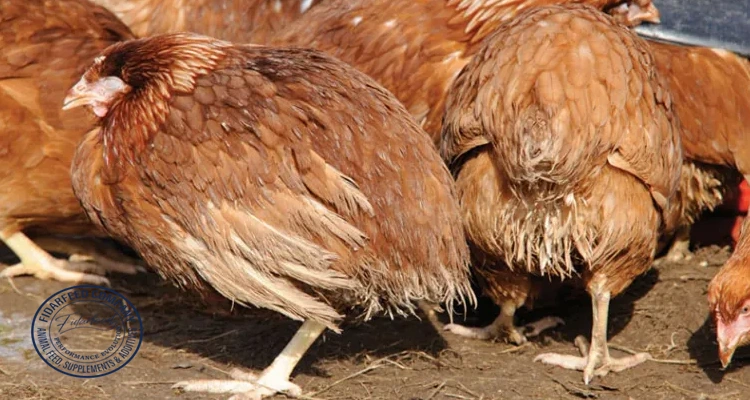
Meet the Threat: Eimeria Parasites Behind Coccidiosis in Chickens
There are several species of Eimeria that affect chickens, with the most harmful being:
- Eimeria tenella: Targets the ceca and can cause bloody droppings and high mortality.
- Eimeria maxima: Affects the mid-intestine, leading to poor weight gain and feed conversion.
- Eimeria acervulina: Commonly infects the upper intestine and results in white lesions and diarrhea.
- Eimeria necatrix: A highly pathogenic species attacking the middle intestine, often causing severe intestinal damage. Each species impacts different parts of the digestive tract, but all can lead to decreased performance and higher mortality if left unchecked.
Learn more about: Smart Chicken Waste Management: Sustainable Solutions for Poultry Farmers
Conditions That Favor Coccidiosis: From Coop to Climate
Coccidiosis thrives in warm, moist, and unsanitary conditions. Crowded coops, wet litter, and poor ventilation create the perfect breeding ground for Eimeria. Once one bird is infected, the disease can spread quickly throughout the flock, especially if biosecurity measures are weak. Seasonal changes, particularly during spring and fall when humidity is high, can also increase the risk of outbreaks.
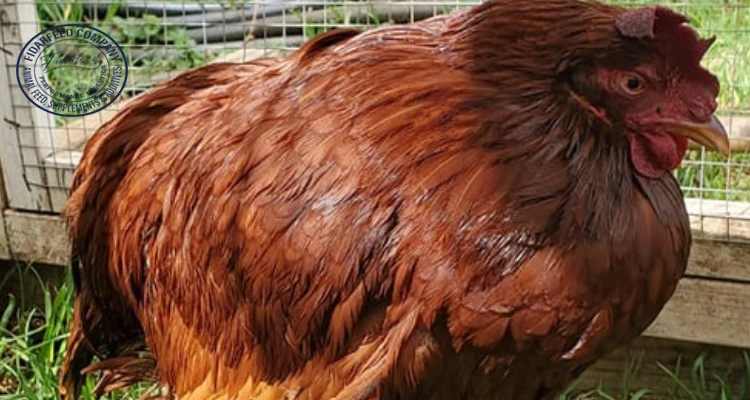
The Role of Age and Immunity in Susceptibility to Coccidiosis
Young chicks are particularly vulnerable because their immune systems are still developing. Birds between three to six weeks old are at the highest risk.
Learn more about: Early Signs of Marek’s Disease in Chickens: How to Detect and Act Fast
However, immunity can build over time. Exposure to small amounts of the parasite can help birds develop resistance, which is why live coccidiosis vaccines are sometimes used in commercial operations. On the other hand, stressed or immunocompromised birds are more susceptible to severe infections regardless of age.
Feeding and Gut Health: Can Diet Play a Role in Prevention?
Yes, nutrition plays a crucial role in coccidiosis prevention. A well-balanced diet that supports gut health can enhance resistance to infections.
Learn more about: how to breed broiler chickens
Probiotics and prebiotics are increasingly used to promote beneficial gut bacteria, while feed additives like essential oils, oregano, and garlic have shown some promise in limiting Eimeria growth. Always ensure feed is clean, fresh, and stored properly to avoid contamination.
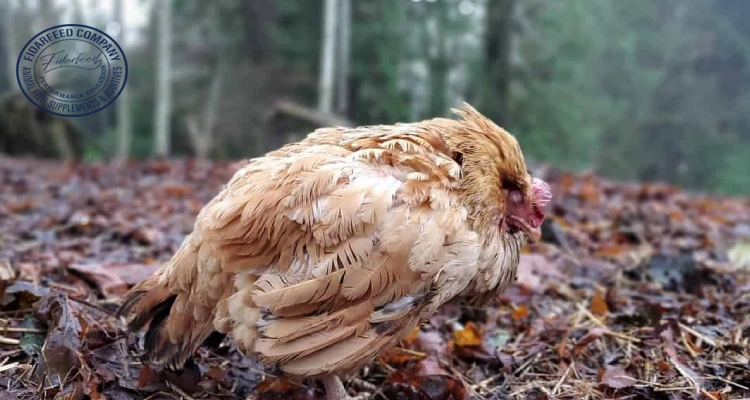
Stress Triggers and Coccidiosis: How Management Affects Outbreaks
Stress is a major trigger for coccidiosis outbreaks. Factors such as overcrowding, poor ventilation, sudden temperature changes, rough handling, or frequent relocation can weaken a chicken’s immune system. Reducing these stressors is an effective way to bolster your flock’s overall health. For instance, maintaining consistent lighting and feeding schedules and avoiding sudden environmental shifts can make a big difference.
Learn more about: Cobb Chicken Breeds: An Overview
Early Warning Signs of Coccidiosis in Chickens You Shouldn’t Ignore
Catching the disease early is essential. Look out for these warning signs:
- Bloody or watery droppings
- Lethargy and huddling
- Reduced feed and water intake
- Pale combs and wattles
- Poor weight gain or weight loss
- Ruffled feathers and general weakness If you observe these symptoms, isolate affected birds and consult a veterinarian immediately for diagnosis and treatment options.
Coccidiosis in Backyard vs. Commercial Flocks: What’s the Difference?
While the cause remains the same, the approach to prevention and management may differ. In commercial settings, biosecurity protocols are typically stricter, with regular use of vaccines and medicated feeds. Backyard flocks, however, often lack these formal systems, making cleanliness and early detection even more critical.
Learn more about: How to Treat Arthritis in Chickens: Key Strategies for Healthier Breeder Birds
Smaller flocks are easier to monitor individually, but they are also more vulnerable to lapses in sanitation and inconsistent feeding practices.
Prevention First: Practical Tips to Keep Coccidiosis Under Control
Here are some proven prevention strategies:
- Keep litter dry and clean; replace it regularly.
- Avoid overcrowding and maintain proper ventilation.
- Use medicated feed or coccidiostats during high-risk periods.
- Consider vaccination, especially in larger flocks.
- Quarantine new birds before introducing them to your flock.
- Clean feeders and waterers daily.
- Rotate grazing areas for free-range birds to reduce exposure.
Learn more about: How Does Salmonella Get Into Chicken? Causes and Prevention Tips
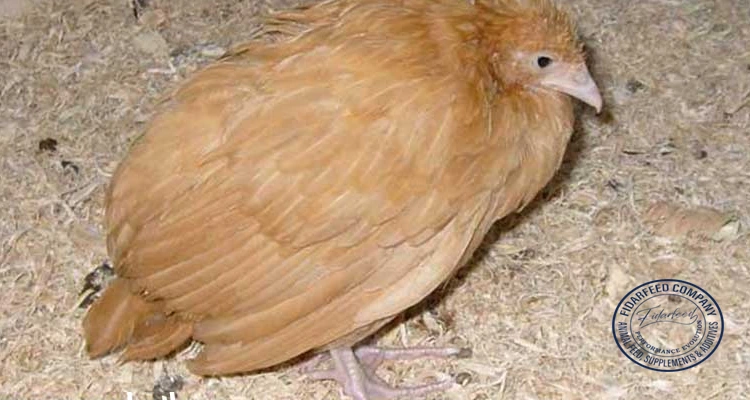
Conclusion: Staying Ahead of Coccidiosis for a Healthier Flock
Coccidiosis can be a formidable challenge, but with the right knowledge and proactive measures, it’s entirely manageable. From understanding what causes coccidiosis in chickens to implementing effective prevention strategies, you now have the tools to protect your flock and ensure its health and productivity. If you’ve faced coccidiosis in your flock or have tips and experiences to share, we invite you to leave a comment, ask questions, or start a conversation below. Together, we can build stronger, healthier poultry farms.

